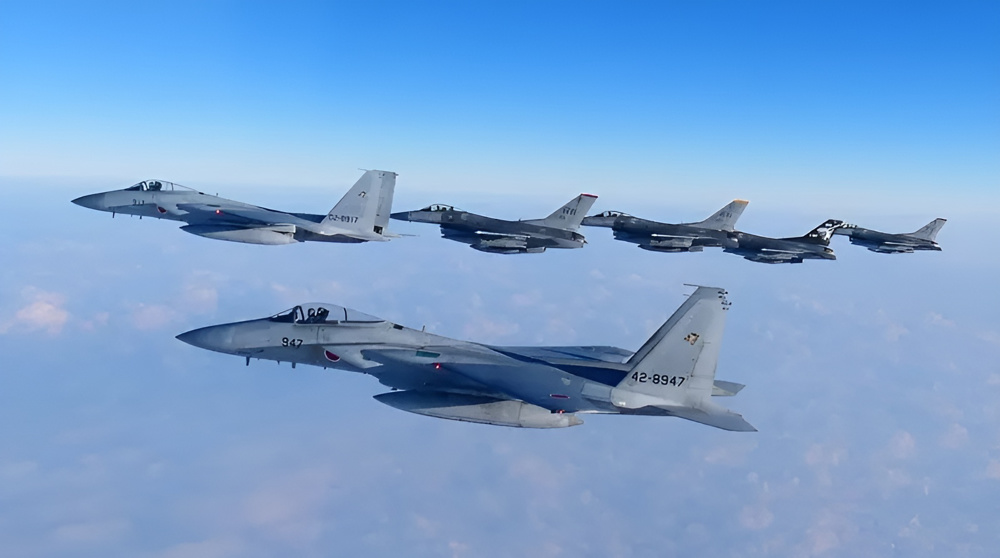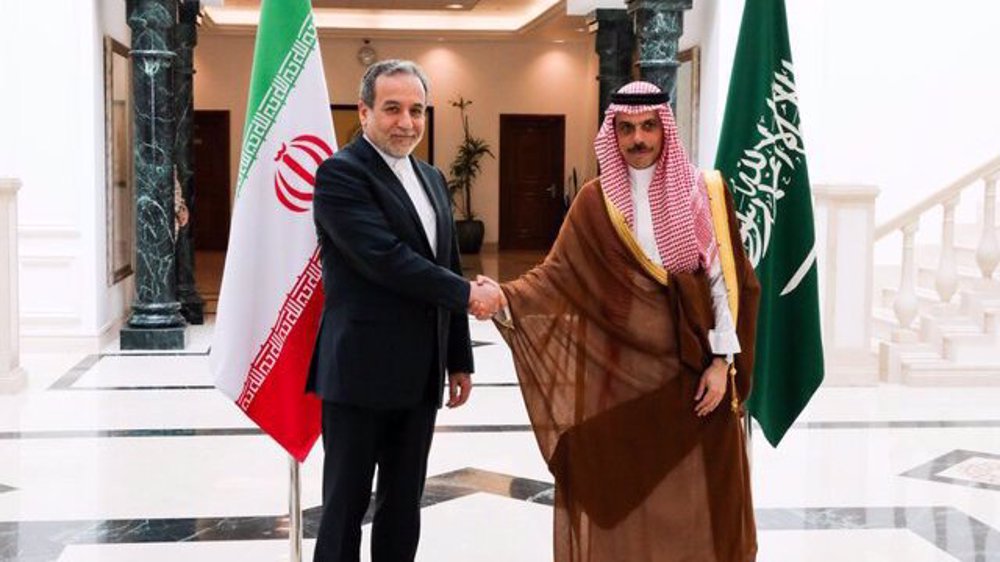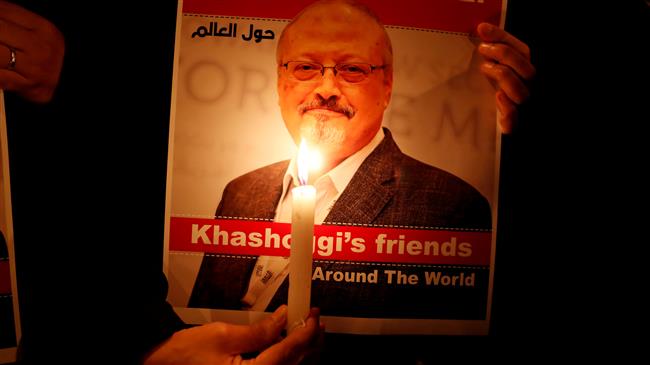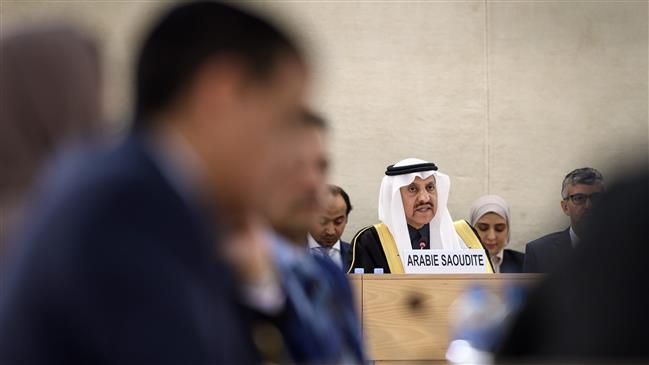UN experts concerned about Saudi ‘anti-terror’ laws
The United Nations human rights experts have voiced alarm at Saudi Arabia’s application of its so-called anti-terrorism laws to target activists.
The experts raised the warning during a panel event titled "Saudi Arabia - Time for Accountability,” held on the sidelines of a UN Human Rights Council gathering in Geneva on Monday, Reuters reported.
They said those being targeted with the laws -- which the kingdom has redefined, notably expanding the remit of its security forces and judicial system -- included woman. The practice by the kingdom violated the international law guaranteeing freedom of speech, they added.
The kingdom has attracted international opprobrium for its intolerance of dissent. It has nabbed, detained, and reportedly tortured hundreds of dissenters, including civil rights activists, religious rights defenders, and dissident clerics.
Last year, it famously apprehended and incarcerated prominent female activists campaigning in favor of the Saudi women’s right to drive.
The Saudi counter-terrorism law and other regulations are "unacceptably wide and unacceptably vague," Fionnuala Ni Aolain, UN special rapporteur on protecting human rights while countering terrorism, told the event.
"It includes people who are engaged in promoting or inciting sit-ins, protests, meetings or group statements. Anyone who harms the unity or stability of the kingdom by any means. These are notoriously slippery terms," she said.
"These laws are used to directly attack and limit the rights of prominent human rights defenders, religious figures, writers, journalists, academics, civil activists, and all of these groups have been targeted by this law," Ni Aolain said.
"Worrisome for me is the targeting of women human rights defenders," said Michel Forst, UN special rapporteur on the situation of human rights defenders.
These concerned not just women involved in the right to drive movement, "but also all kinds of women," "All arrests involved incommunicado detention at undisclosed locations," he added.
Zaynab al-Khawaja of the Beirut-based Persian Gulf Center for Human Rights independent charity, meanwhile, verified reports of the Saudi authorities’ use of torture against detained activists.
"We highlight some of the torture methods that are being used in Saudi Arabia - electrocution, flogging, sometimes whipping, on the thighs for example, sexual assault where some women human rights defenders have been stripped, have been groped, have been photographed naked, some while handcuffed, and others while blindfolded," she said.
VIDEO | 39th AU summit opens in Addis Ababa with focus on water security, peace, and development
VIDEO | Iran: The stronghold Washington lost
Anti-Iran ‘Munich circus’ shows Europe has lost geopolitical weight: Araghchi
Swiss to act as venue of next round of Iran-US talks: Report
Report: Over 50,000 soldiers fighting in Israeli military hold foreign citizenship
Danish PM warns US attack on Greenland would spell end of NATO
Power running out at key Gaza hospital, ICU patients at risk: Report
VIDEO | Press TV's news headlines














 This makes it easy to access the Press TV website
This makes it easy to access the Press TV website